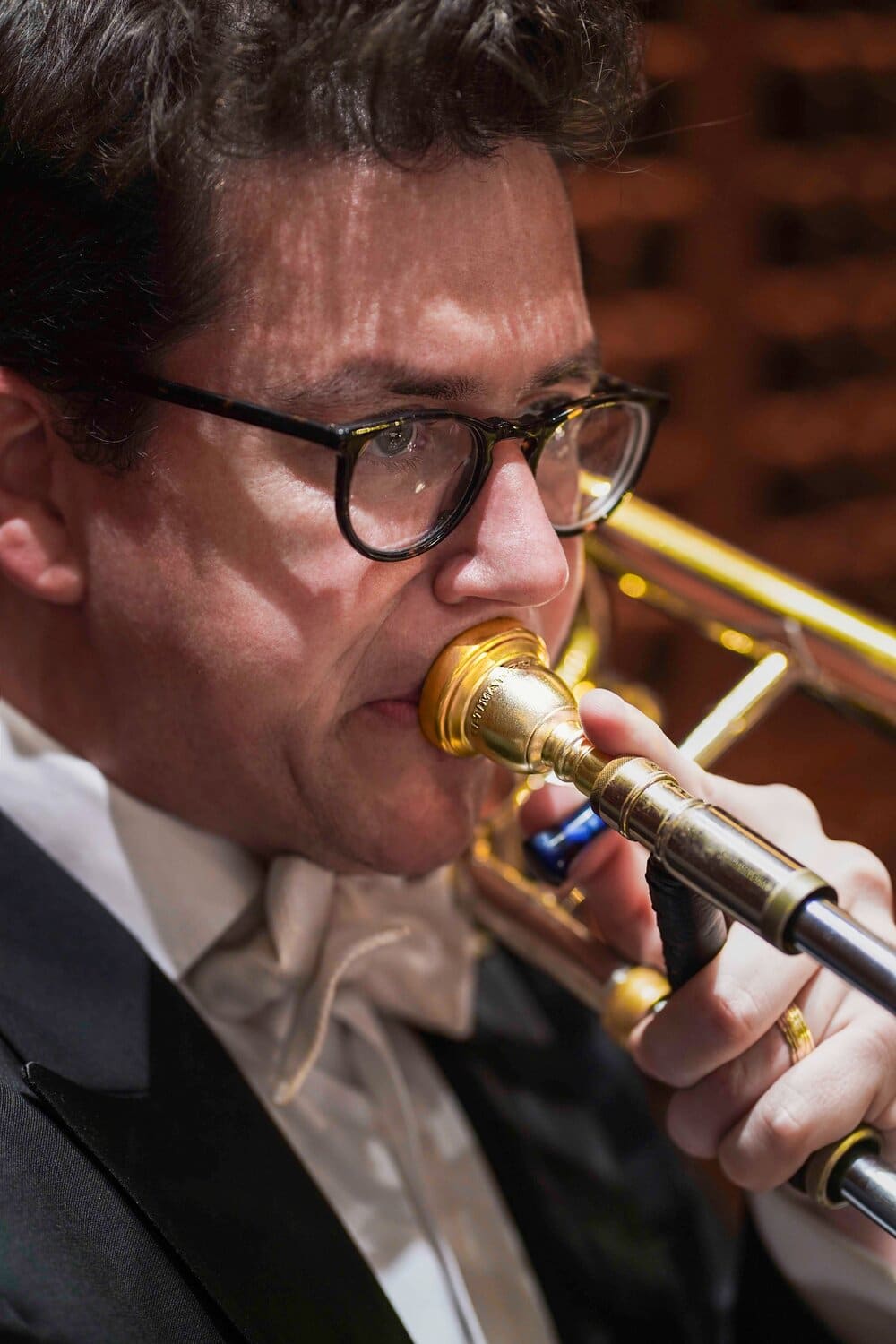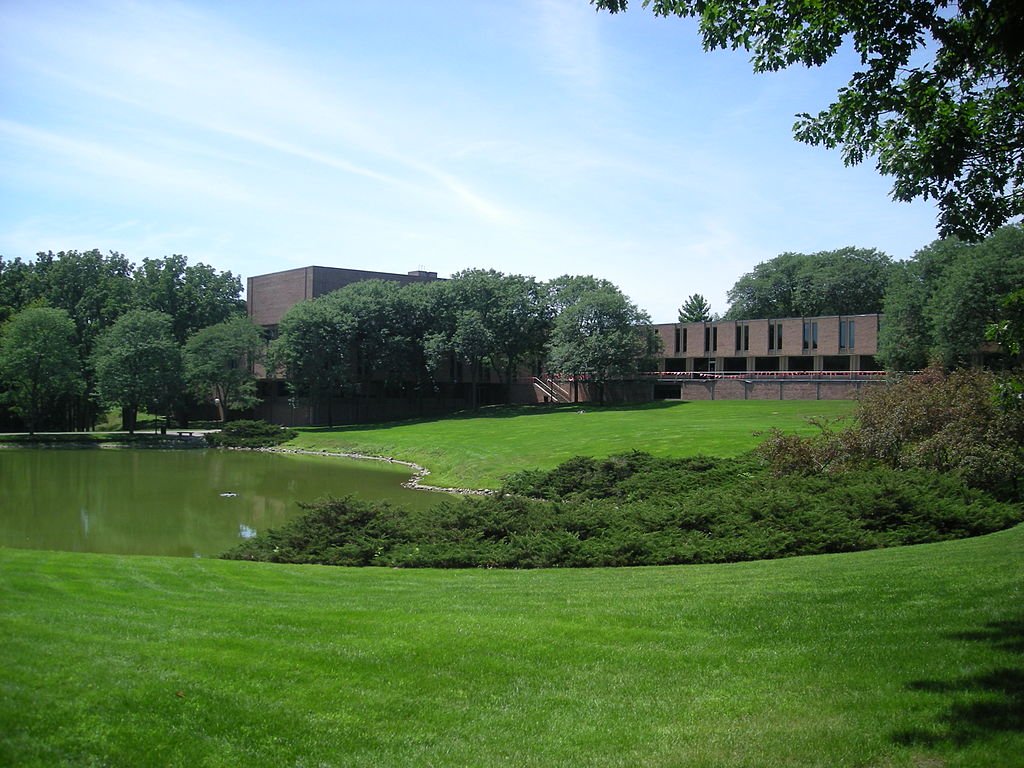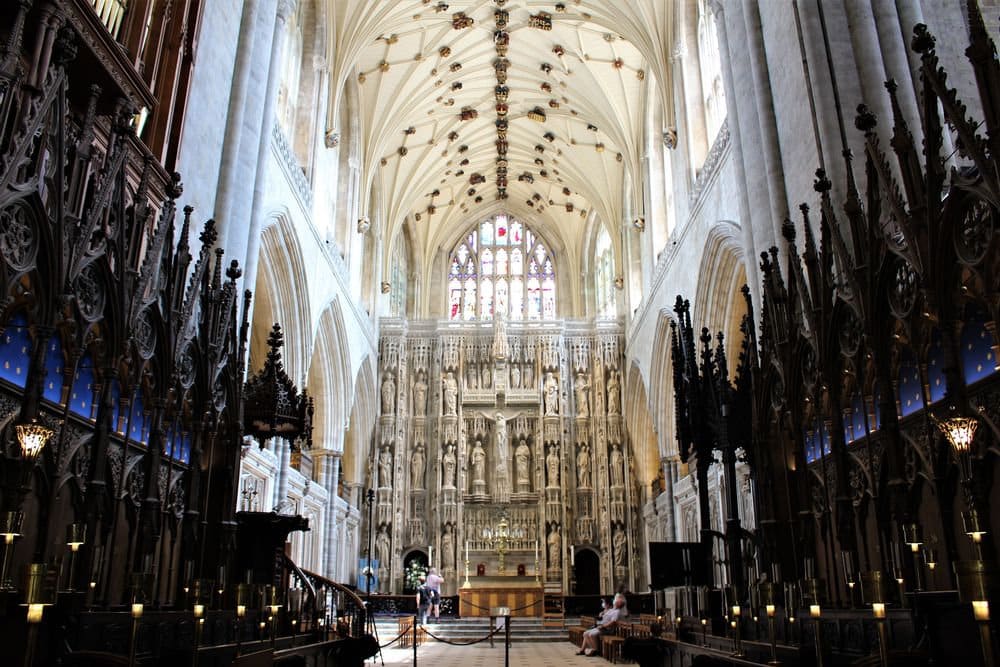Breaking: BBC to share burden of orchestras and singers
OrchestrasThe BBC has just issued a statement on the future of the BBC Singers and its Orchestras. It is notable for the proposal to co-manage the BBC Singers and for the omission of any mention of Simon Webb, head of orchestras and architect of the recent cuts, whose future may be short.
Here’s the text:
We have now concluded a project looking at the future of the BBC’s performing groups.
The BBC is pleased to announce it has a sustainable plan for the future for the BBC Singers as an integral part of the BBC’s classical music provision, drawing on support from a third party, The VOCES8 Foundation. BBC Singers staff will continue to be employed by the BBC, with a strong artistic identity, and remain core to BBC Radio 3 and the BBC Proms.
Following an exploration of options, the proposal will draw on The VOCES8 Foundation’s considerable experience and expertise across music education and community engagement.
This partnership builds on the valuable education and community work the BBC Singers already deliver across East London, as well as the commercial work already undertaken, and we will continue to identify new opportunities for additional revenue for the ensemble.
The BBC Singers have a busy schedule this year as they mark their centenary, and we will be shining a spotlight on the group as our audience is invited to join their celebrations.
In addition, over the past months the BBC has also been working closely with the Musicians’ Union to consider opportunities for the BBC’s orchestras.
In maintaining all of the BBC’s distinctive orchestras, we will consider the resourcing levels which support each ensemble as their work develops across broadcast, education and commercial activity. This will be a gradual process in which we will work closely with the Unions and our musicians, alongside a review to modernise terms and conditions making sure these are aligned with the BBC’s principles of fairness and transparency.
Artistic excellence and education remain at the core of music at the BBC and these plans support the aims of the BBC’s 2022 Classical Review and will support new partnerships.
The BBC is also pursuing an Orchestral Tax Relief application which will be central in ensuring the sustainability of the six groups amid the BBC’s ongoing financial challenges.
The BBC and the Musicians’ Union said: “The BBC and the MU have engaged in constructive talks over recent months. We are pleased that we have a strategy which secures the future of the BBC Singers, and we look forward to celebrating their centenary year. We agree that artistic excellence, having a growing impact in music education, partnerships and operating on a financially stable footing are central to a long term, sustainable future for all of the BBC’s Performing Groups. We are committed to working together to deliver these objectives and will continue constructive discussions with the review of terms and conditions.”
Paul Smith (CEO) and Barnaby Smith (Artistic Director) – The VOCES8 Foundation said: “As a global, artist-led charity, dedicated to inspiring people through choral music, The VOCES8 Foundation was committed to a positive outcome for the future of the BBC Singers. It is an honour and a privilege to have been able to work alongside the BBC towards this news and through it, to continue the Foundation’s commitment to finding innovative ways to extend learning and participation, and serve and grow global audiences for the artform. The Foundation looks forward to working together with the BBC Singers to demonstrate how choral music can positively impact communities in the UK and worldwide in the 21st century.”
We know this has been an uncertain time for the BBC Singers and for our orchestras, and we’d like to thank them for their resilience and their continued commitment to delivering extraordinary music making to our audiences during this period.
ENDS






Comments